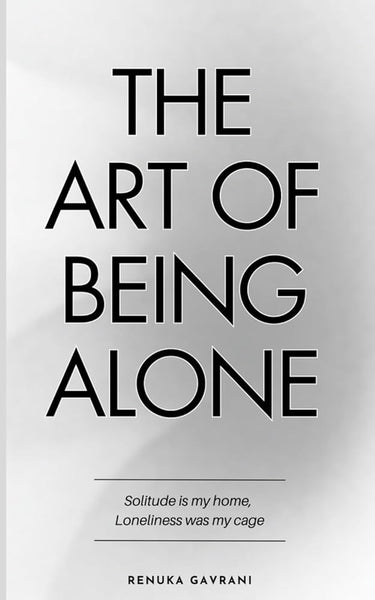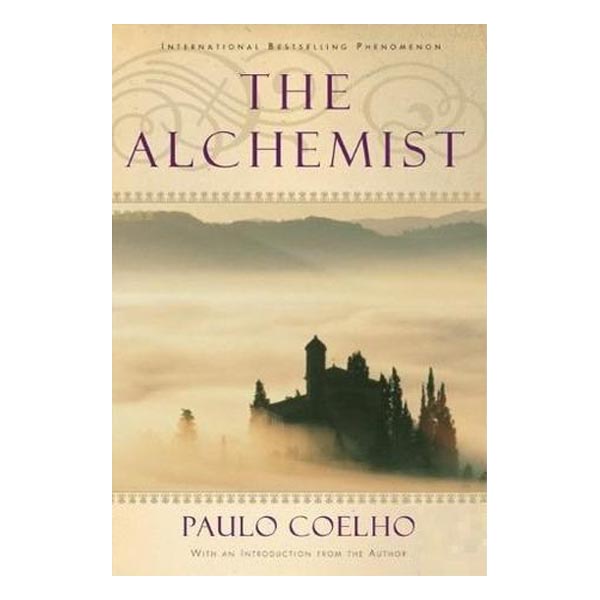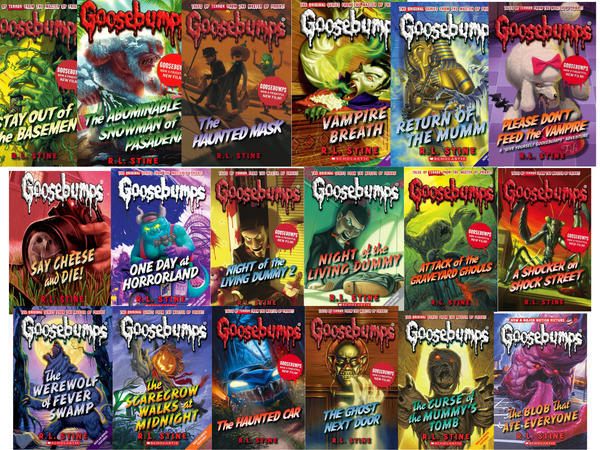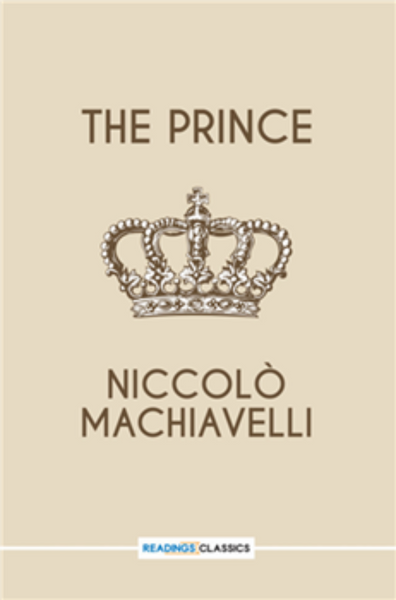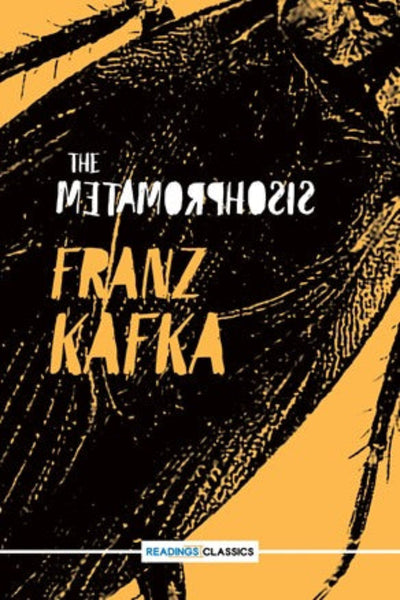The Idiot By Fyodor Dostoevsky
- Publisher: ENGLISH GENERAL BOOKS
- Availability: In Stock
- SKU: 52401
Rs.1,350.00
Rs.1,595.00
Tags: "The Idiot , 19th-century Russia , Ambiguity , Best Price , Best Selling Books , Characters , Christ-like , Complexity , Deep dive , Existentialism , Free will , Fyodor Dostoevsky , Idealism , Innocence , Intrigue." , Literature , Madness , Masterpiece , Morality , Naive , Online Books Shop , Online Bookshop , Online Bookshop Pakistan , Online Shopping Pakistan , Pakistan Bookshop , Pakistan Online Shopping , Passion , Philosophy , Plot , Psychological insight , Reasonable Price , Recommended Book , Redemption , Russian literature , Russian society , Salvation , Sanity , Shop Smart Pakistan , Shopping , Society , Symbolism , Test Guidelines. Online Shop , Themes , Tragedy , Truth , Unparalleled Quality Best Price , Virtual Shop , Web Shop
"The Idiot" by Fyodor Dostoevsky is a classic Russian novel that delves deep into the complexities of human nature, morality, and societal norms through the lens of its protagonist, Prince Lev Nikolayevich Myshkin. Set in the backdrop of 19th-century Russia, the novel explores themes of innocence, purity, and the clash between idealism and reality. Myshkin, depicted as a Christ-like figure, encounters a myriad of characters representing various aspects of society, each grappling with their own moral dilemmas and desires. Dostoevsky masterfully weaves together philosophical dialogues, psychological depth, and intricate plotlines to create a thought-provoking narrative that challenges conventional perceptions of sanity and virtue.
Key Points:
1. Prince Myshkin's Idealism Myshkin's unwavering belief in the inherent goodness of humanity and his naive idealism set him apart from the cynical society he encounters.
2. The Complexities of Human Nature Dostoevsky explores the multifaceted nature of human behavior, revealing the intricacies of morality, desire, and suffering through the characters' interactions.
3. Nastasya Filippovna's Tragic Character Nastasya Filippovna embodies the struggle between passion and reason, torn between her love for Myshkin and her past traumas.
4. Rogozhin's Obsession and Madness Rogozhin's obsessive love for Nastasya Filippovna leads him to the brink of madness, illustrating the destructive power of unchecked desires.
5. Society's Hypocrisy and Corruption The novel exposes the hypocrisy and moral decay prevalent in Russian society, where appearances often mask darker intentions and hidden agendas.
6. Myshkin's Christ-like Persona Myshkin's Christ-like attributes, including his compassion, forgiveness, and self-sacrifice, challenge societal norms and provoke existential questions.
7. The Theme of Redemption Dostoevsky explores themes of redemption and salvation through Myshkin's interactions with the other characters, offering glimpses of hope amidst the turmoil.
8. The Influence of Fate and Free Will The characters grapple with the concept of fate versus free will, confronting existential questions about the nature of choice and destiny.
9. Dostoevsky's Psychological Insights Through introspective monologues and dialogues, Dostoevsky provides profound psychological insights into the human psyche, exploring themes of consciousness and identity.
10. The Ambiguity of Truth and Reality The novel challenges readers to question their perceptions of truth and reality, blurring the lines between sanity and madness, innocence and corruption, in a world fraught with moral ambiguity.
In conclusion, "The Idiot" remains a timeless masterpiece that continues to captivate readers with its profound exploration of the human condition and its enduring relevance in today's society.
════ ⋆★⋆ ════
Writer ✤ Fyodor Dostoevsky




